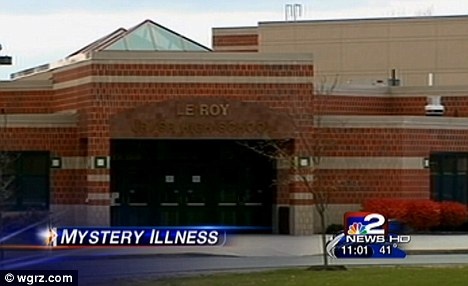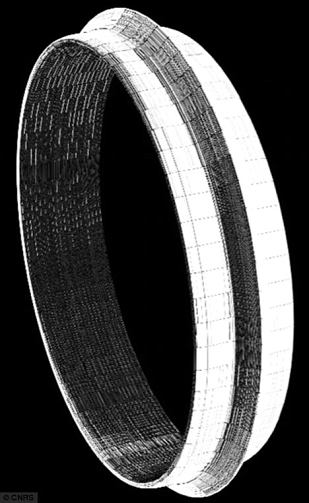Worried that the US government might be able to read your emails? Don’t be — they already can! The American Civil Liberties Union is asking the feds to come clean on why — and what — they do with the personal correspondence of its citizens.

The ACLU has filed request under the US Freedom of Information Act in hopes of learning more about the powers the government has granted itself to snoop through the emails, texts and instant messages of Americans. Being able to browse through correspondence without a warrant is a power that the government has had for ages, but with the Internet making sending mail as easy as a click of a button, the ACLU says it is about time the feds fix their current policies.
The organization writes in a recent press release that they are going after the FBI, US Justice Department, IRS and US Attorneys Offices around the country with the intent of figuring out why the government is so interested in sticking its nose in the inboxes of millions of Americans. They have sent FOIA requests to all of those agencies in which they ask “about the government’s policies, procedures and practices for accessing the content of private electronic communications.”
In the long run, the ACLU hopes for a law change.
The ACLU note that, since the 1870s, the government has been able to leer at the personal letters between Americans as long as they are older than 180 days, all without a warrant. Such legislation is also applied to electronic communication, but with ever expanding technology allowing Internet users to essentially keep communiqué on file for an eternity, this allows for not just impressively large “unread message” counts on inboxes across America — it also gives the government at even large cache of correspondence to call their own — without a warrant.
“In an era when everyone stores their email forever, this rule makes no sense and puts a great deal of personal information at risk,” writes the ACLU. “Unfortunately, the government continues to take advantage of an outdated law to read Americans’ private electronic communications without a warrant.”
The ACLU adds that the United States Court of Appeals for the Sixth Circuit wrote in 2010 that “By obtaining access to someone’s email, government agents gain the ability to peer deeply into his activities,” acknowledging the privacy violations could be brought up by government intervention in emails and texts. In the meantime, however, the government at large hasn’t addressed the issue.
“The appeals court got it right, but its decision is only binding in a few states, and it’s not clear that the government follows its guidance in much of the country,” adds the ACLU. “Once we hear back from the government, we will share what we learn.”
















